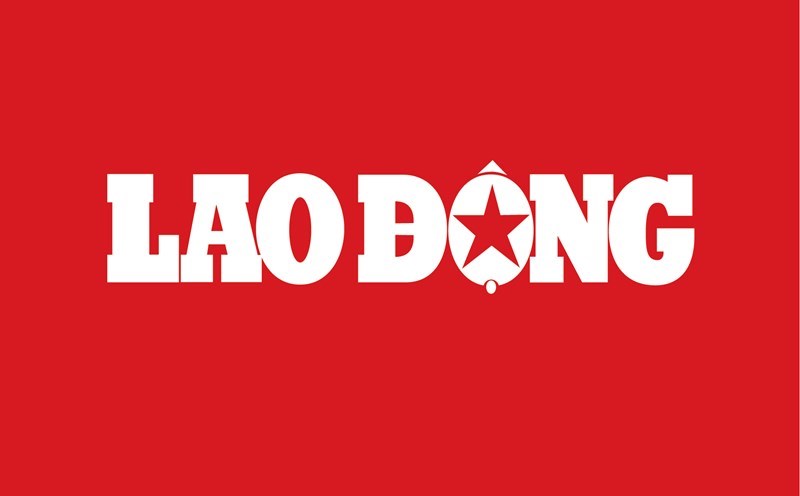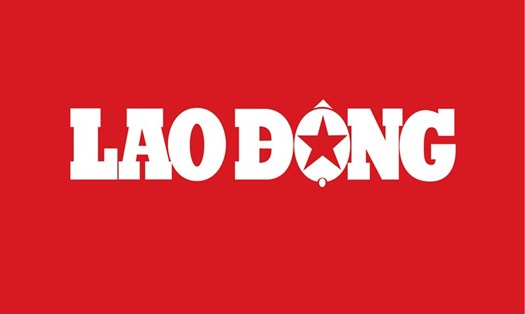Global seaborne oil volumes have fallen as Russian oil exports plummet, Bloomberg reported.
Russian crude oil exports from major western ports fell to a 19-month low in July, exacerbating the overall decline in seaborne oil transportation worldwide, Bloomberg noted.
Global oil shipments fell by about 586,000 barrels per day in July, according to Bloomberg's oil tanker tracking data.
Total oil shipments to China fell by more than 1.4 million barrels per day - the biggest drop on record this year, although the figures may change.
The increase from leading oil exporters Saudi Arabia and the US has helped offset the lower volume of goods transported from Russia, Brazil, Venezuela and Qatar.
Russian oil exports - mainly Ural oil - from Baltic seaports Primorsk and Ust-Luga, and Novorossiyskysk in the Black Sea, fell to nearly 1.8 million barrels per day in July. In June, this figure was 2.2 million barrels/day.
Russia has improved compliance with OPEC+ production targets and is recovering domestic refining activities, which could reduce oil exports abroad.
A separate analysis this week showed that total crude oil exports by sea by Russia fell to nearly a year's low, while exports from Baltic ports were at their lowest level since December 2022.
Also due to a commitment to cut oil production with OPEC+, Russia's oil industry has slowed down drilling operations this year compared to a record high recorded in 2023.
In the first half of 2024, drilling rigs used by Russian oil companies drilled a total of 14,370 km of oil wells in Russia, down 2.5% compared to the first half of 2023.
Record high drilling rates in 2023 show that Russian producers have tried to maximize output from old oil fields to keep production rates unchanged.
But this year, Russia's drilling activities have decreased compared to the record high in 2023 because Russia is further cutting production.
"They are drilling just enough to maintain stability and ensure reserve capacity, but not more," Sergey Vakulenko, a scholar at the Carnegie Foundation for International Peace, told Bloomberg.
Vakulenko was previously CEO of a Russian oil giant for a decade.
Russia is trying to comply with OPEC+ production quotas. Russia has pledged to comply with cuts to compensate for previous months' overproduction while domestic oil refining levels are approaching a 6-month high in July amid a peak demand.
Russian Deputy Prime Minister Alexander Novak said there was no disagreement between Russia and OPEC+ about Moscow's recent failure to comply with the group's output cuts.
The Russian Energy Ministry said that Russia's oil production has declined every month since April.











